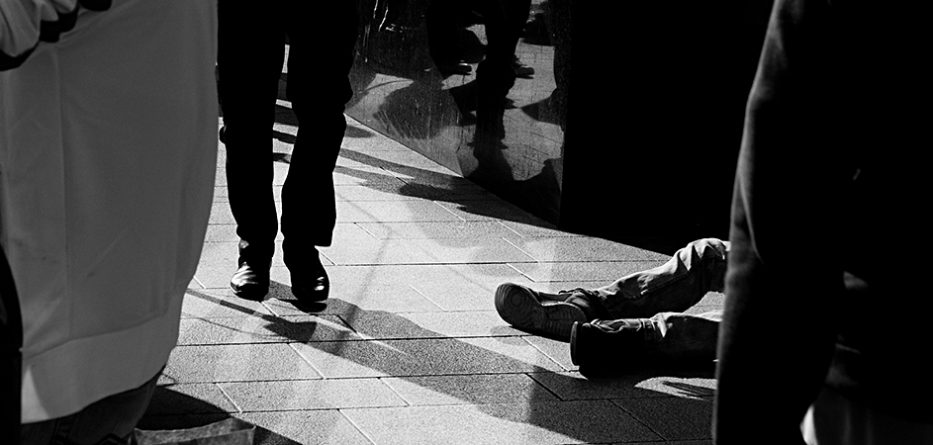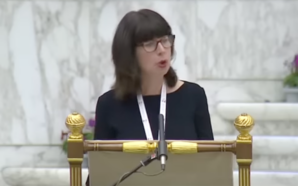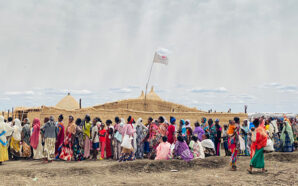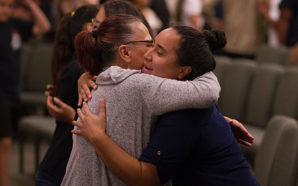High levels of homelessness amongst people seeking asylum in Sydney – new survey
A new survey by Jesuit Refugee Service (JRS) Australia and Western Sydney University’s Translational Health Research Institute (THRI), shows that people seeking asylum faced considerable financial hardship and high levels of homelessness during the first twelve months of the pandemic.
The survey asked over a hundred respondents seeking asylum living predominantly in West and Southwest Sydney, about their housing, homelessness, income, and employment experiences since arriving in Australia, and since pandemic restrictions first took effect in 2020.
55% of respondents had experienced some form of homelessness since arriving in Australia. 9% of respondents had slept rough, in a car, or in another improvised dwelling, and 14% had stayed in emergency accommodation since arrival.
Dr Elizabeth Conroy, Senior Research Fellow at Western Sydney University and co-author said, “these findings highlight how much more prevalent experiences of homelessness are for people seeking asylum relative to the mainstream population.”
“They provide potential new insights into the hidden homelessness and destitution that people seeking asylum face and deserve further consideration in public policy.”
The data also provides insights into how the COVID-19 pandemic has affected the financial circumstances and housing stability of people seeking asylum.
Despite the state government’s moratorium on evictions in 2020, 29% of respondents were either evicted or moved from their accommodation because they were unable to pay rent. This is in part because so many people seeking asylum are employed in cash-in-hand jobs, making it difficult for them to demonstrate loss of employment to landlords.
Approximately a third of respondents reported having difficulty paying rent (36%) and electricity/gas bills (34%) in the preceding twelve months. Moreover, 45% of respondents had run out of food in the previous 3 months.
Nishadh Rego, Policy and Advocacy Manager at JRS Australia said, “These findings show that significant numbers of people seeking asylum in Western Sydney were living in situations of poverty and homelessness even before this latest lockdown began. Our experience shows that struggles to put food on the table, pay rent, and buy medication have intensified in the last month.”
“Lockdown or not, there is an urgent need for the Federal Government to provide all people seeking safety in Australia with access to ongoing income support if they are unable to find safe and sustainable employment.”
You can read the findings of the A Place to Call Home survey here.
Published with collaboration from Jesuit Refugee Service Australia.
You can help refugees and asylum seekers in our Diocese through our Diocesan Food Drive Roster which donates desperately needed food supplies to the House of Welcome and Jesuit Refugee Service.
This article highlights a story from the “Diocesan Journey… Walking with Refugees and People Seeking Protection”. Click here to learn more about this initiative and to follow our 14-weeks campaign from Refugee Week to World Day of Migrants and Refugees.








